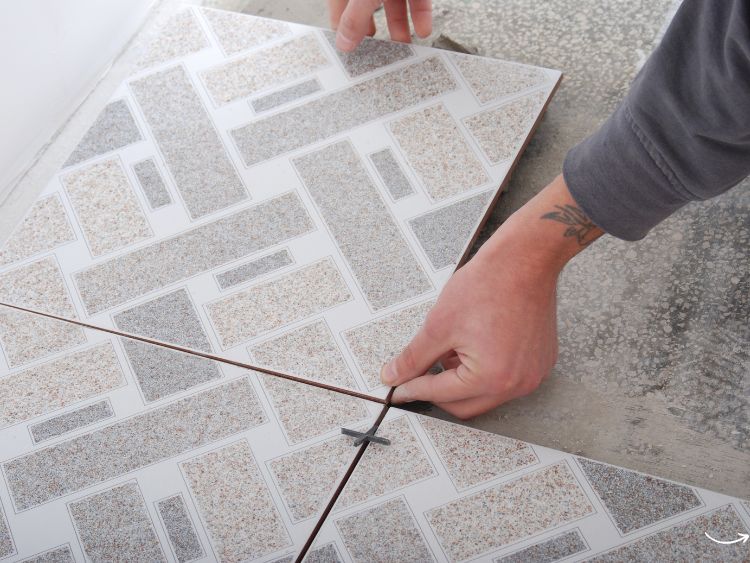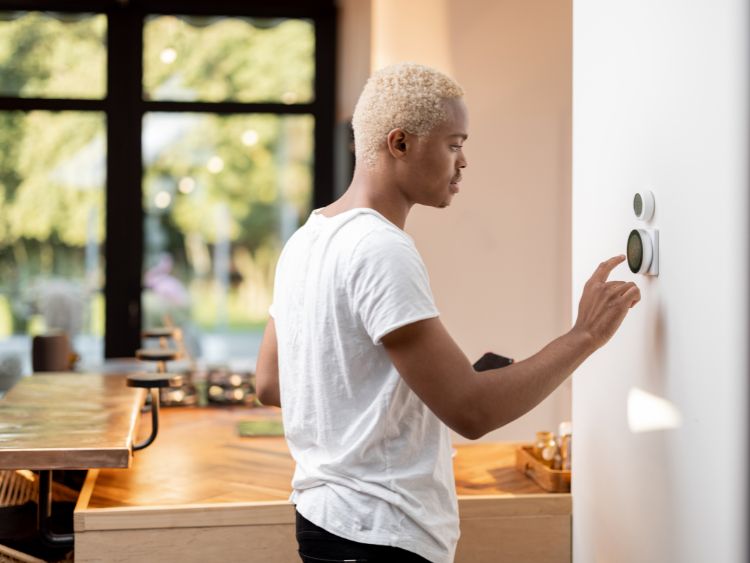You can learn many plumbing tips for homeowners who are just starting out. These tips may not work for every situation. Local plumbers can run from $150 to more than a thousand dollars. This is why many homeowners attempt plumbing on their own. It is important to pay attention to the world around you and keep your eyes peeled when DIY plumbing. You can get help if you are stuck or need some guidance. Knoxville is home to many service companies that provide maintenance and repair services for residential and commercial customers. You may now be wondering why Knoxville Plumbing, Knoxville, TN should take care of all your plumbing needs.
Here are some plumbing tips:
-
Use a bucket to flush the toilet with water
Don’t panic if your toilet isn’t flushing. You don’t have to search the entire neighborhood for a toilet if your toilet isn’t working. Flush the toilet with half a bucket water. This is how you clean the toilet. This method will not allow you to refill your toilet with water.
-
Plunges Are Useful For Unclogging Drains
Strainers are a good way to prevent hair, soap, and debris from entering the drains. They can block drains if they get in. If the drain becomes blocked, you can use a plunger to remove all particles. To unclog your sink, you can use a plunger. You can open the sink’s bottom to drain any water or particles that have built up. You can drain the water into a bucket if you have it under your sink.
-
Always have a set of Hex keys with you
For DIY plumbing, you will need to use Hex/Allen keys. These keys are useful in tightening small bolts and nuts. These keys come in different sizes to suit your needs. These keys are not only useful for plumbing but can also be used to do other things.
-
How to shut off the main gas or water valve
Water and gas leaks can be prevented by knowing where to turn off main switches to stop water flow. If you have a leak in your pipes, this can be very useful. A rotten pipe may need to be replaced. The work can be done by you or hired a professional.
-
It’s always a good idea to keep a plumbing kit handy.
Include a set of plungers in your plumbing kit. Also include duct tape to fix stubborn leaks. Heavy-duty paper rolls to remove dirt and debris, and a screwdriver to perform multiple plumbing tasks.
-
Always check for leaks
Check for leaks after every plumbing project. Run water through the system and then open and close all valves. Even professional plumbers might miss a tiny leak and may need to reseal the connection.
-
Pipes shouldn’t be punctured
Do you plan on drilling holes in your ceilings, floors or walls? It is important not to puncture any drainage or supply pipes behind your work area. You can find pipes behind walls with a cheap stud finder. An endoscopic camera, which can be inserted into the wall, is another option.
-
Garbage shouldn’t be thrown down the drain
You should not dump food, grease, and vegetable peelings down your drain. These items can clog your pipes. To find out the maximum garbage disposal can handle, make sure you read the manual.
-
Do Not Overtighten Your Fittings
Overtightening connections and fittings can lead to a variety of problems, including stripped screws or broken bolts. Remember this old saying: “Hand-tight is just the right.”
-
Make friends with Plumber’s Tape
Plumber’s tape, also known as Teflon Tape, seals the pipe threads to prevent leakage around fittings and connections. Three wraps of plumber’s tape are required to seal the pipe threads. For plumbing projects around the home, white tape is most commonly used. Yellow tape is used to connect gas lines.
This list of DIY plumbing tips should give you some insight into what to expect with your pipes. These tips can be used for any new homes you may purchase. These are just a few ways that plumbing problems can be solved without having to call in professionals. No problem is impossible if you do your research and are patient.


